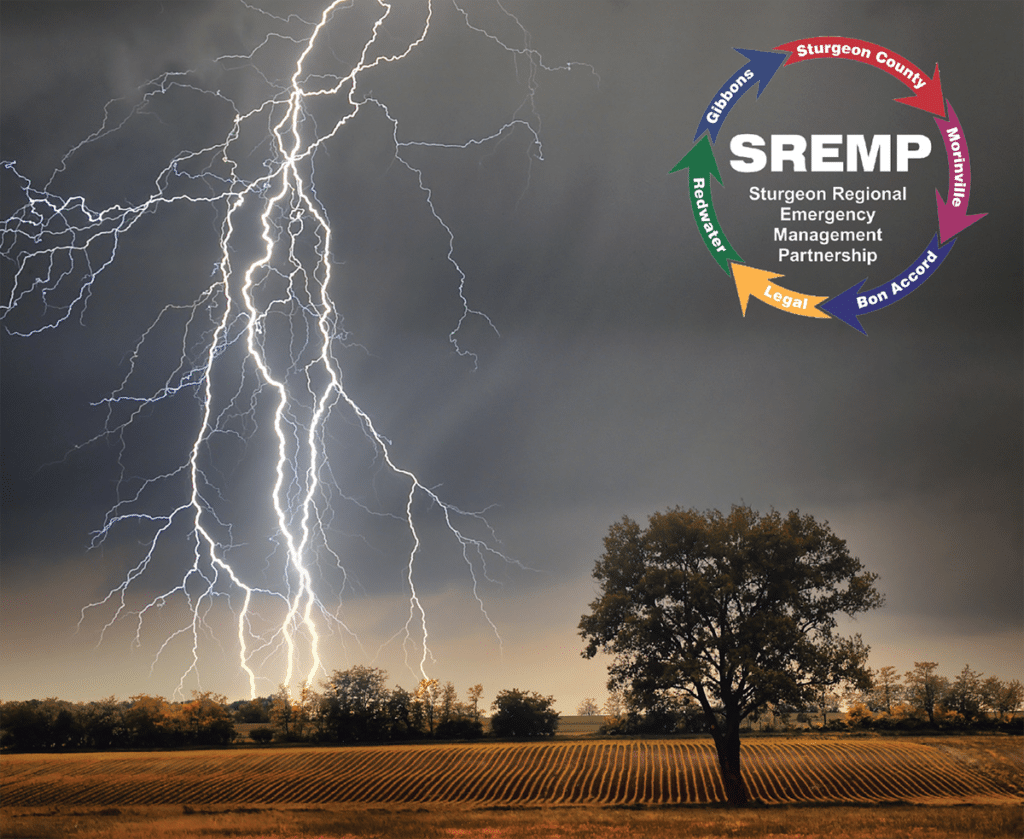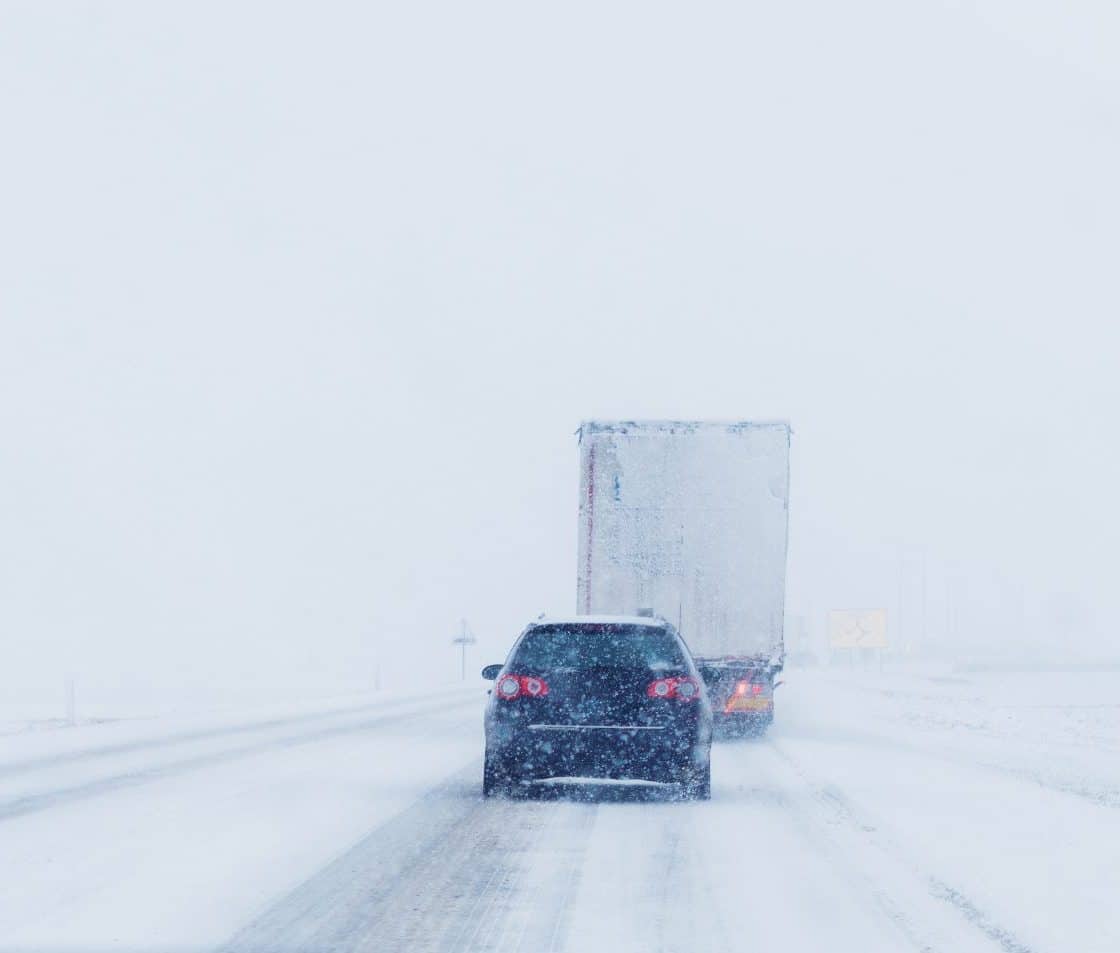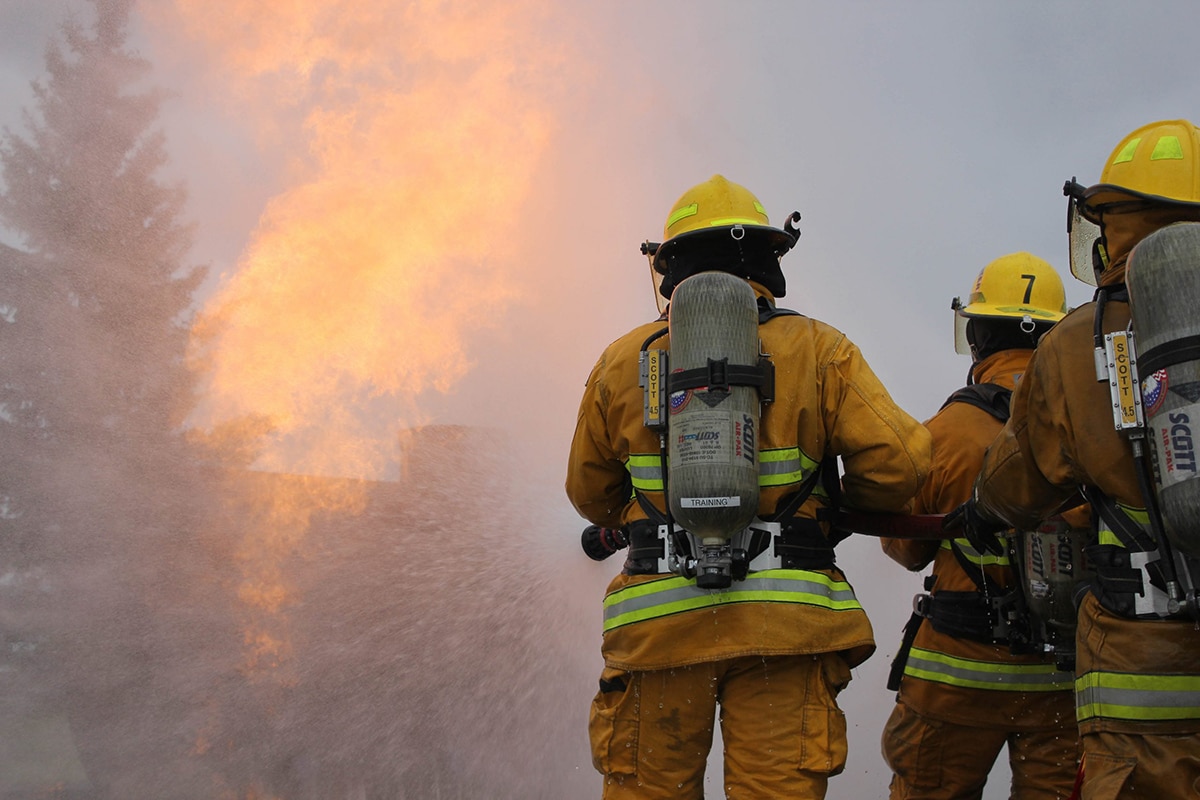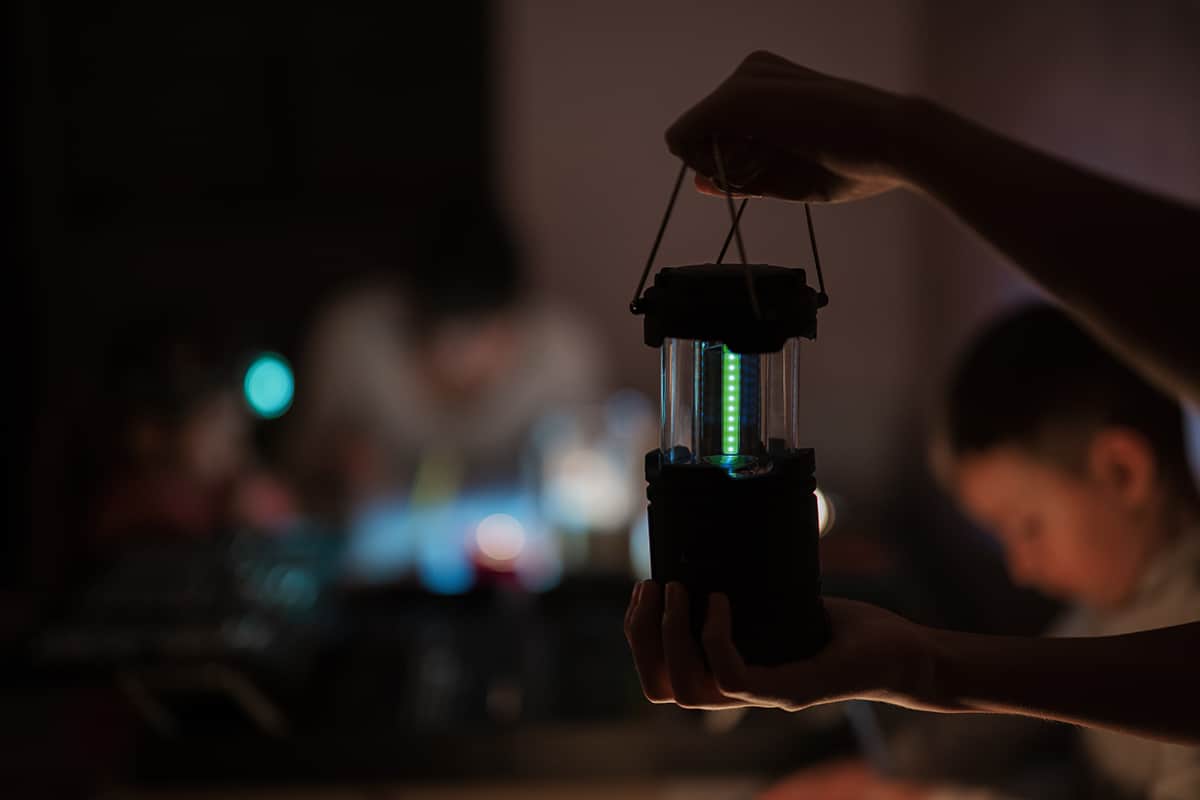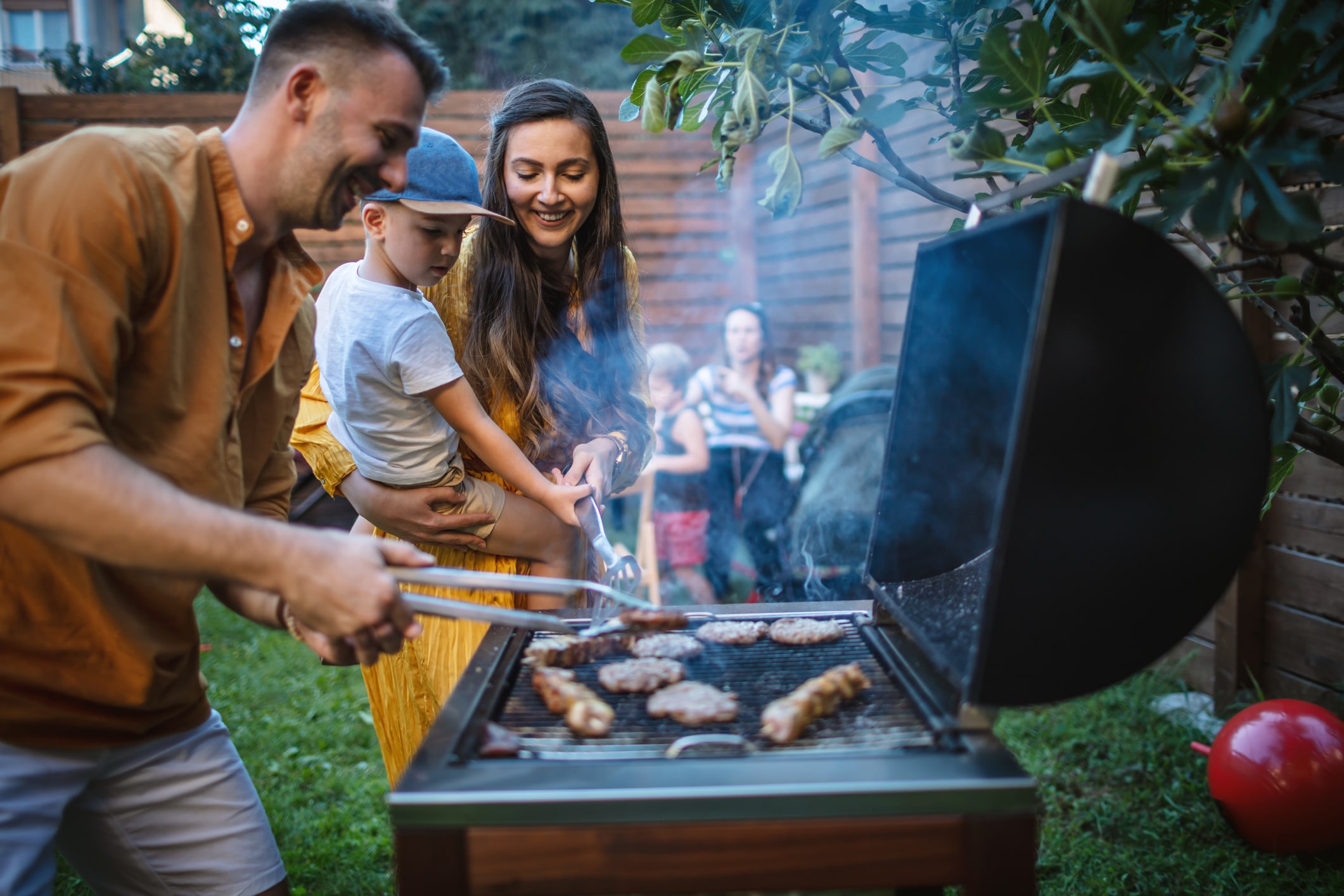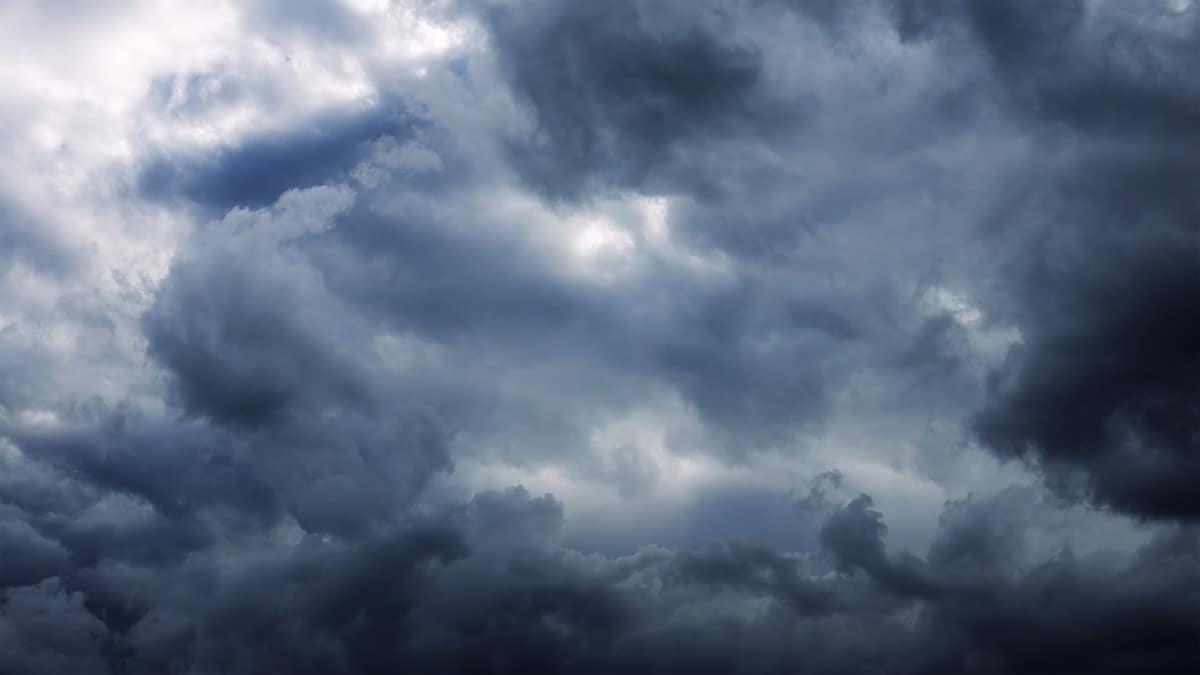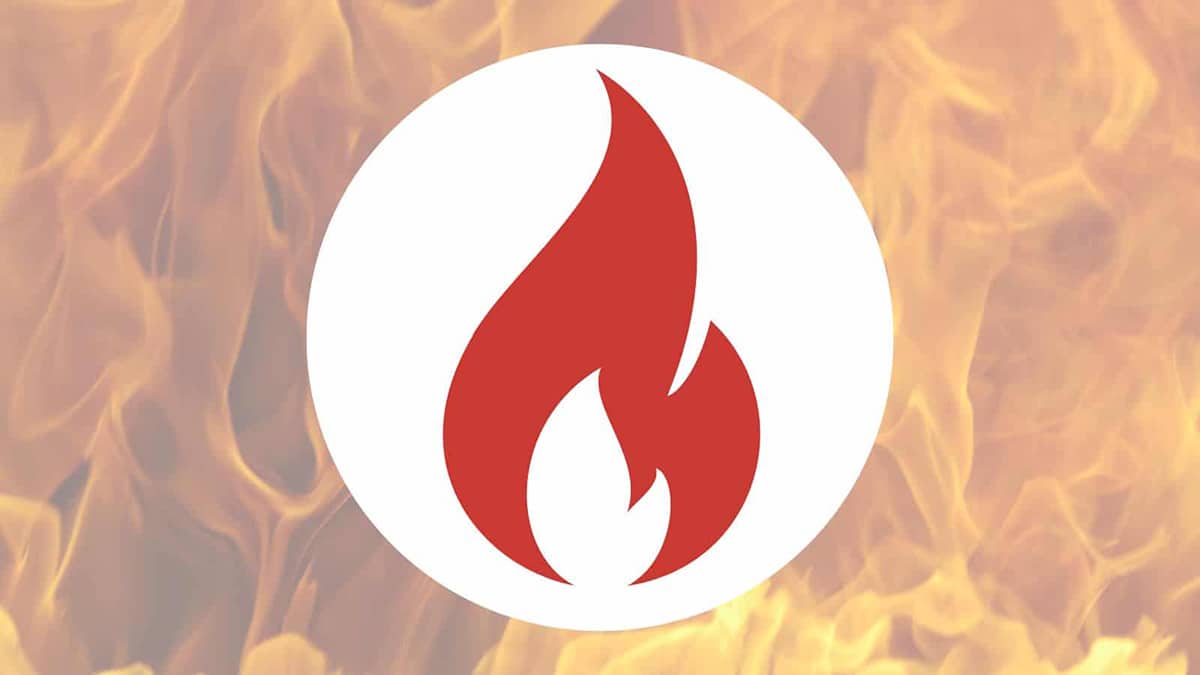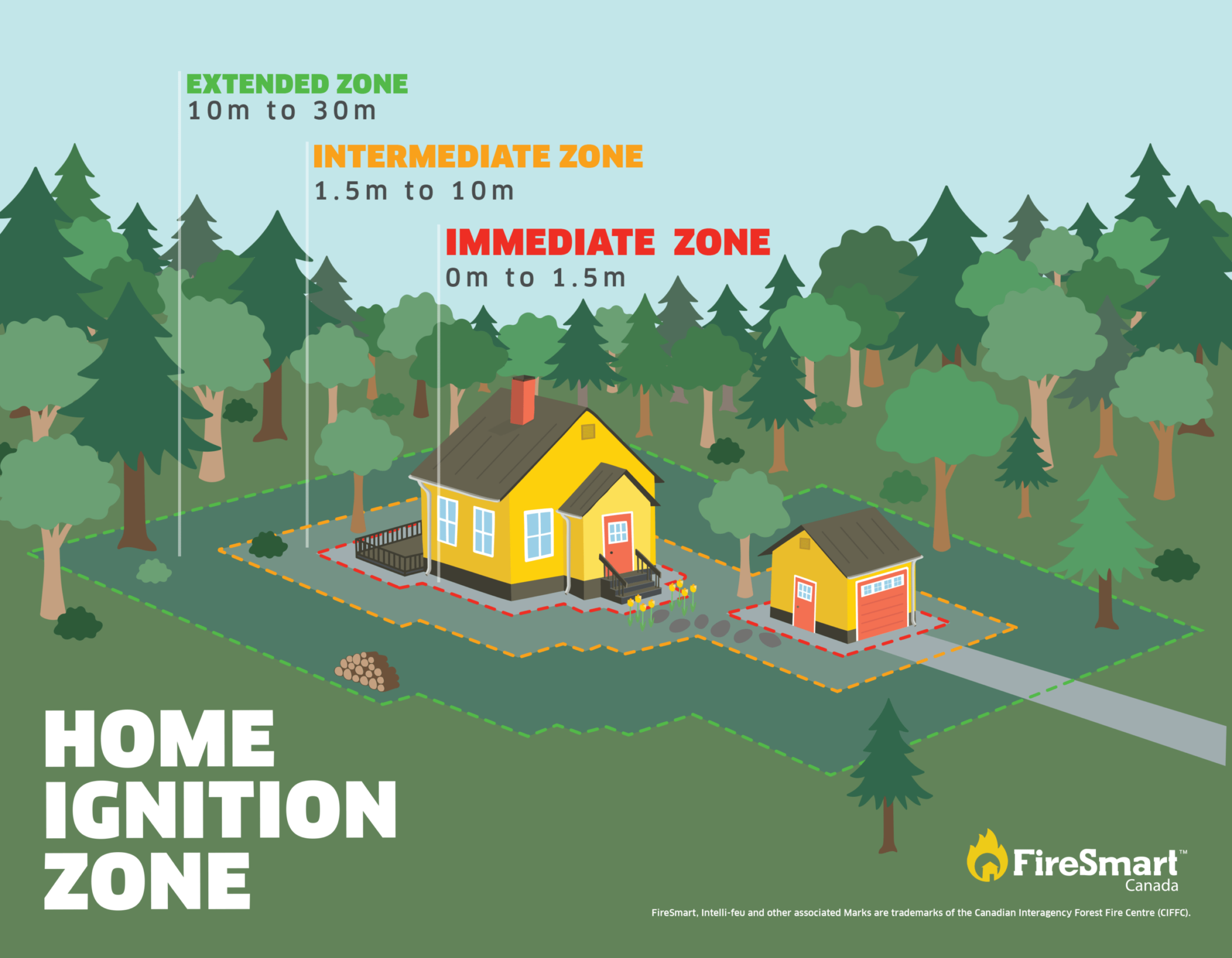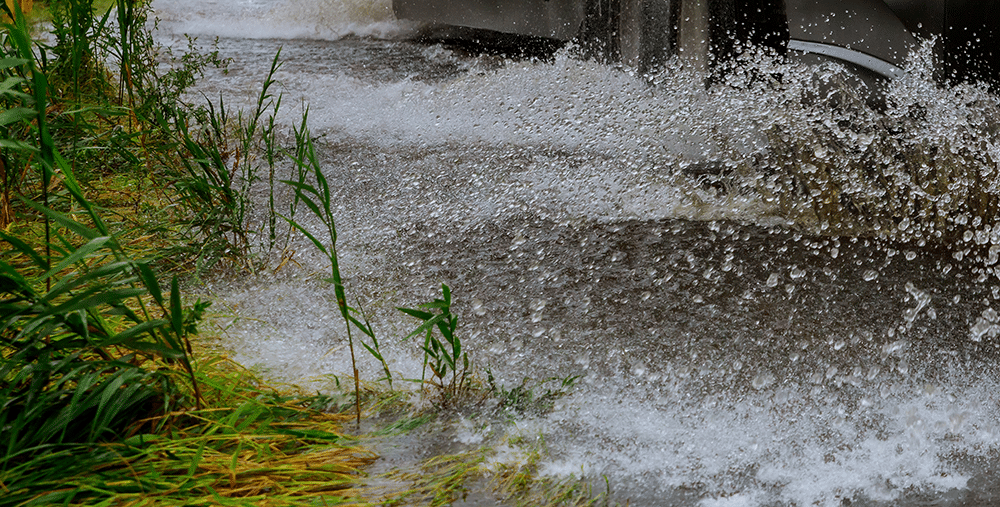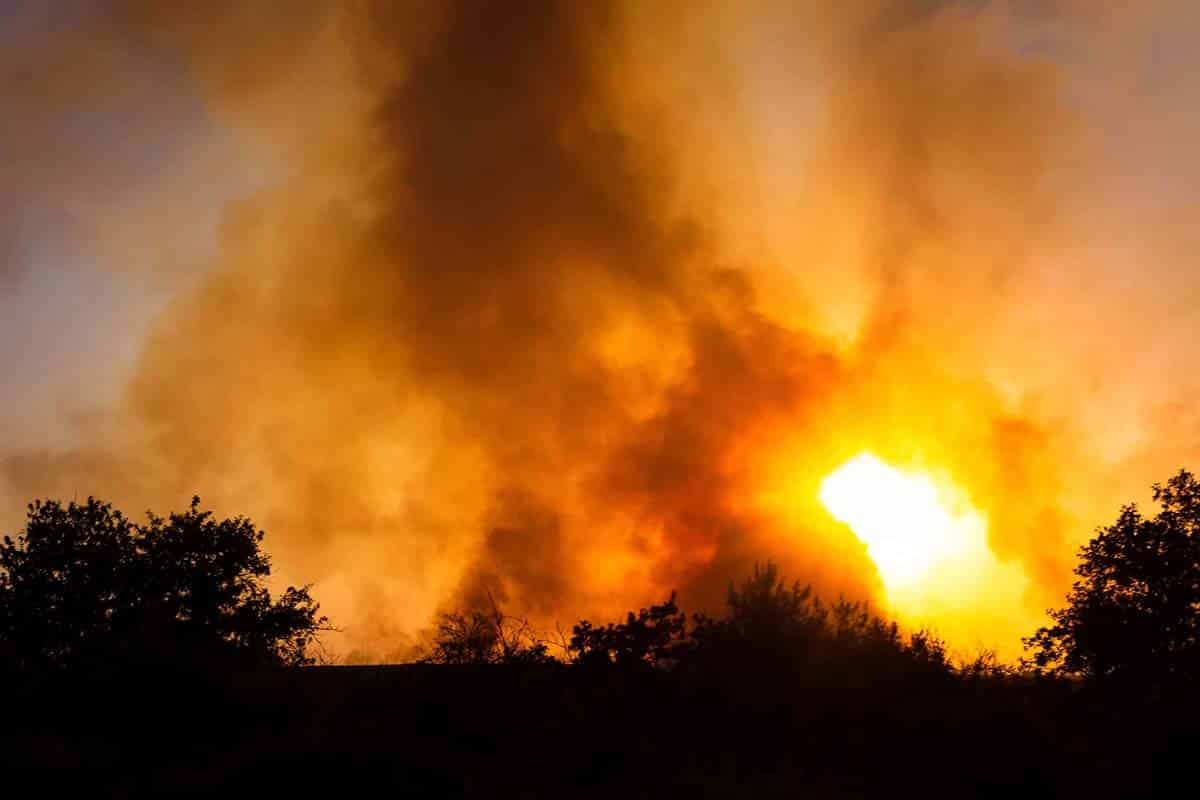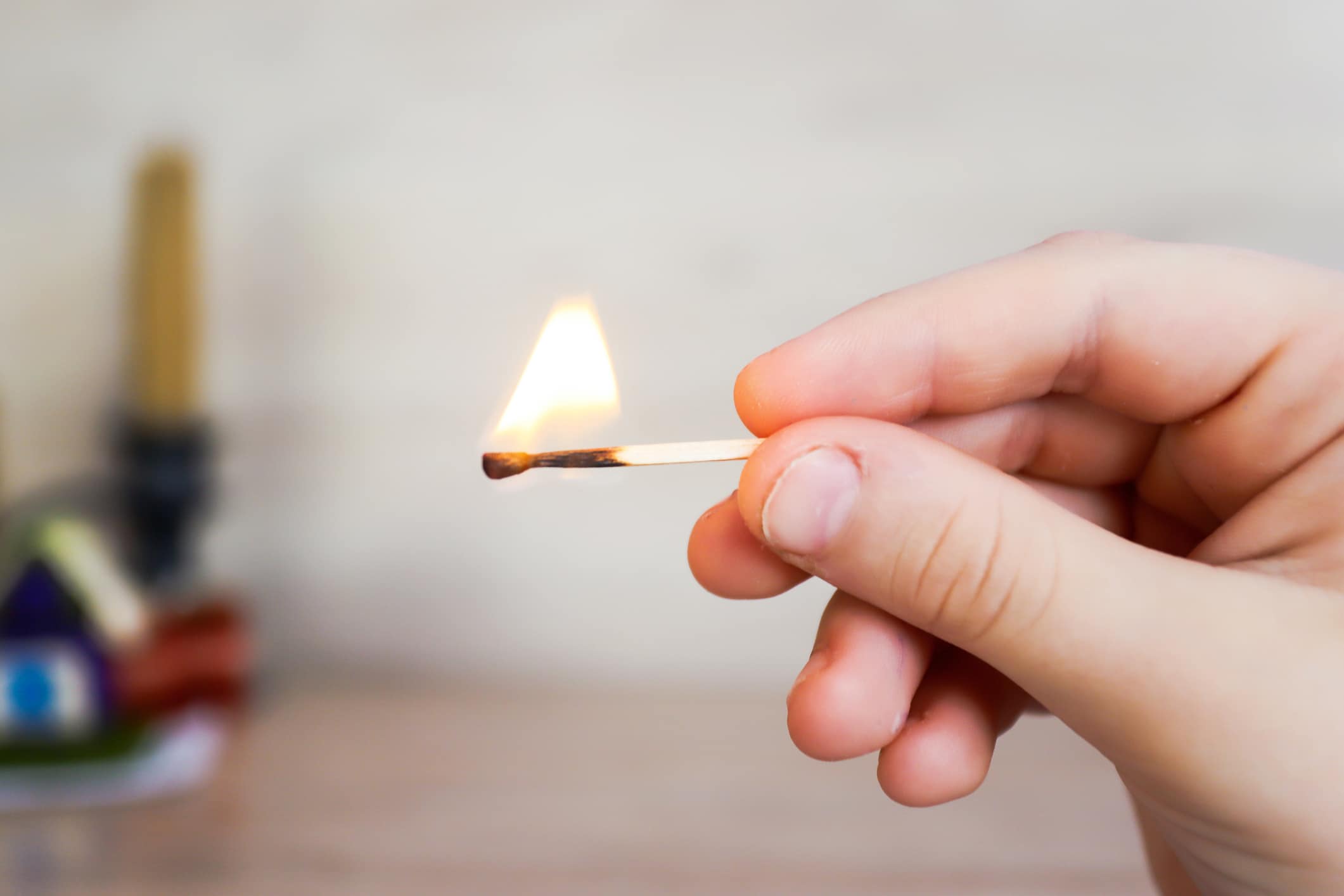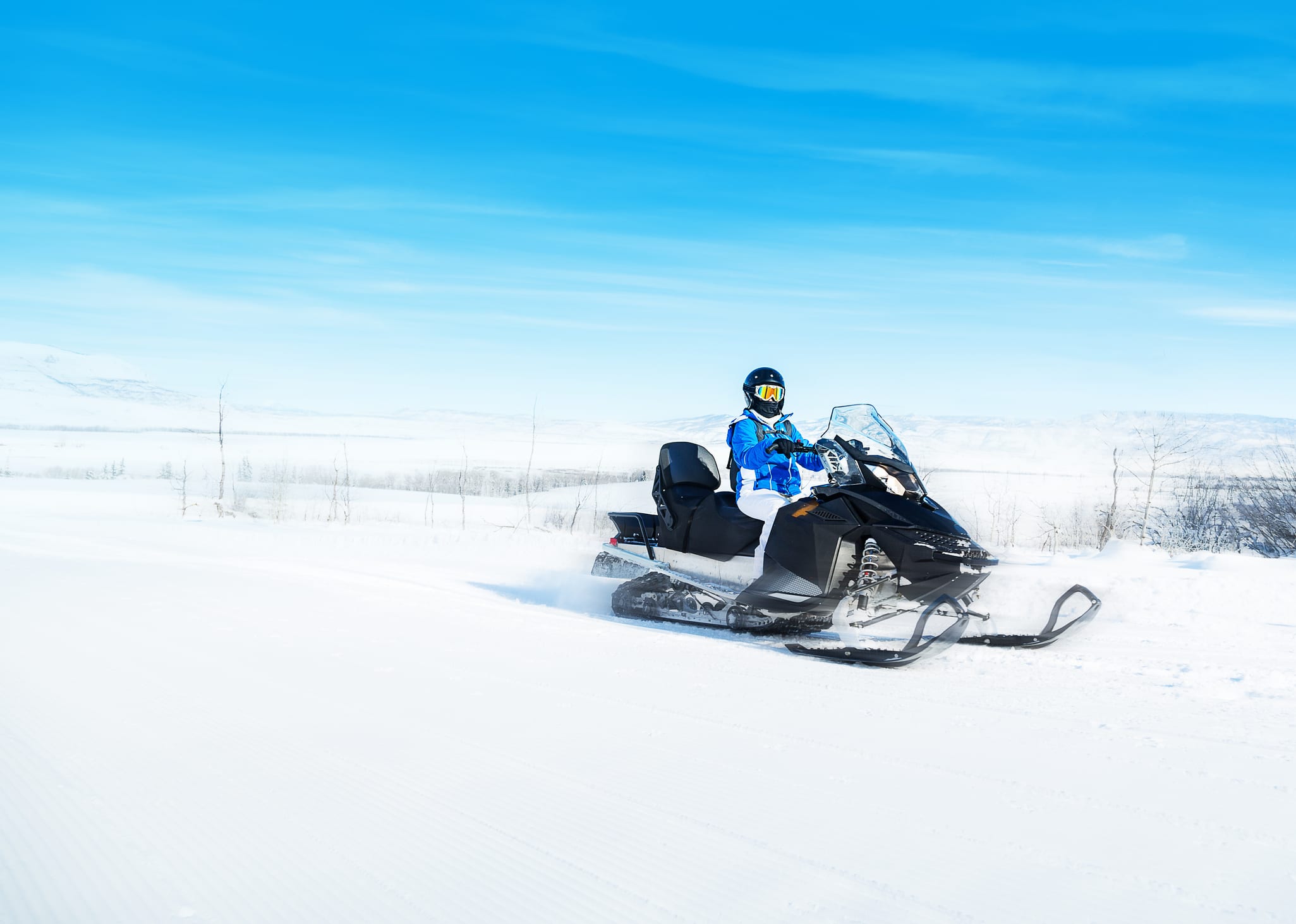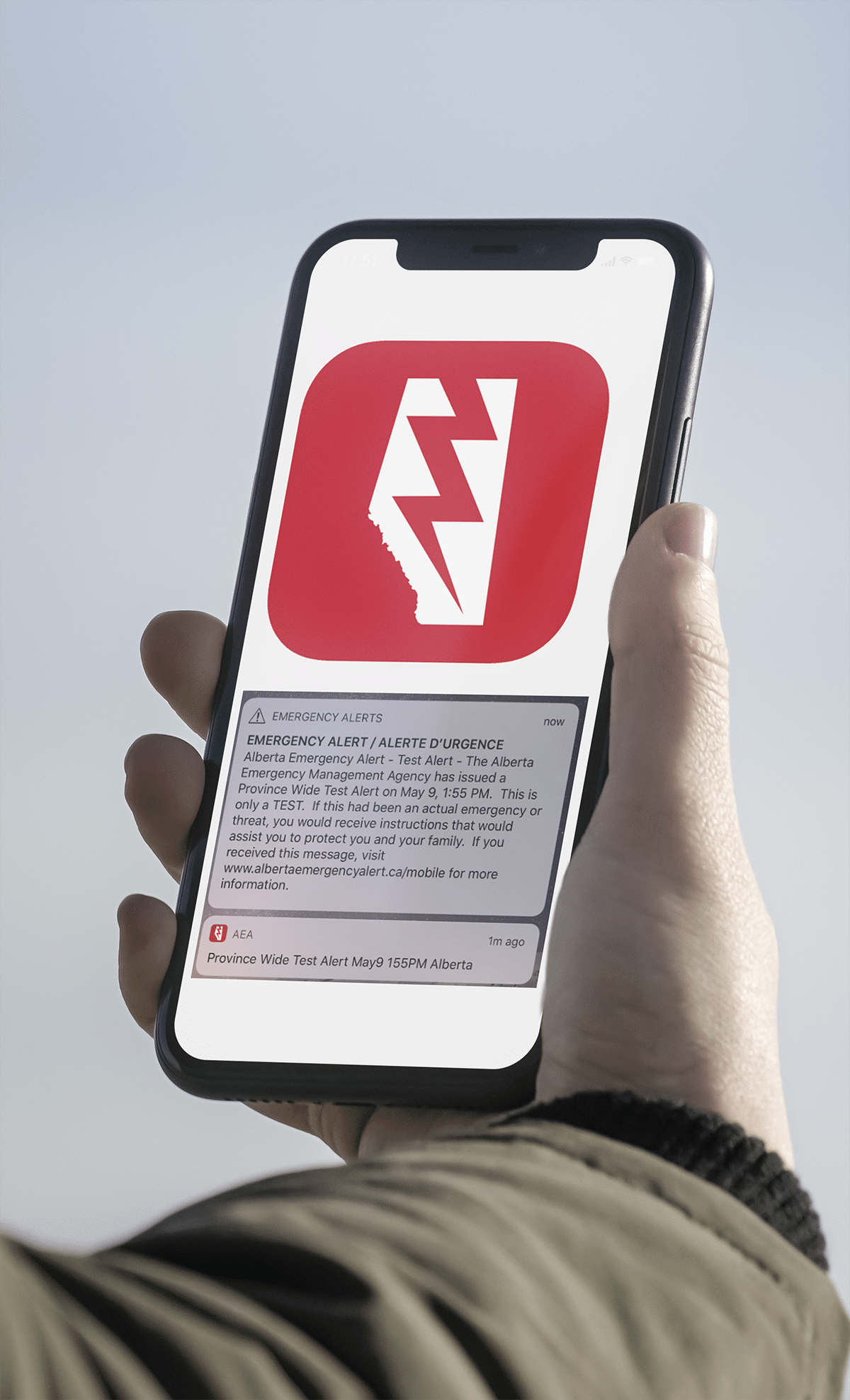Emergency Notifications
In an emergency, Sturgeon County’s shares information on its website and social media channels, to local media, and using other channels.
For significant emergencies, Sturgeon County uses Alberta Emergency Alerts. This is Alberta’s emergency alerting system and broadcasts information over text message, television, radio and road signs. No sign-up is needed, but you are encouraged to download the app from the Apple Store or Google Play store, or text FollowAB_EmergAlert to 21212 to sign up for text notifications.
Preparing for an Emergency
Before, during and after an emergency
You should be prepared to take care of yourself and those in your household for at least 72 hours. This allows first responders to manage the crisis and help those who need it most.
Being prepared means you know what to do, where to go and you have supplies to properly respond to emergencies. By taking simple steps to be more prepared, you can keep yourself safe and get back to your life and work sooner.
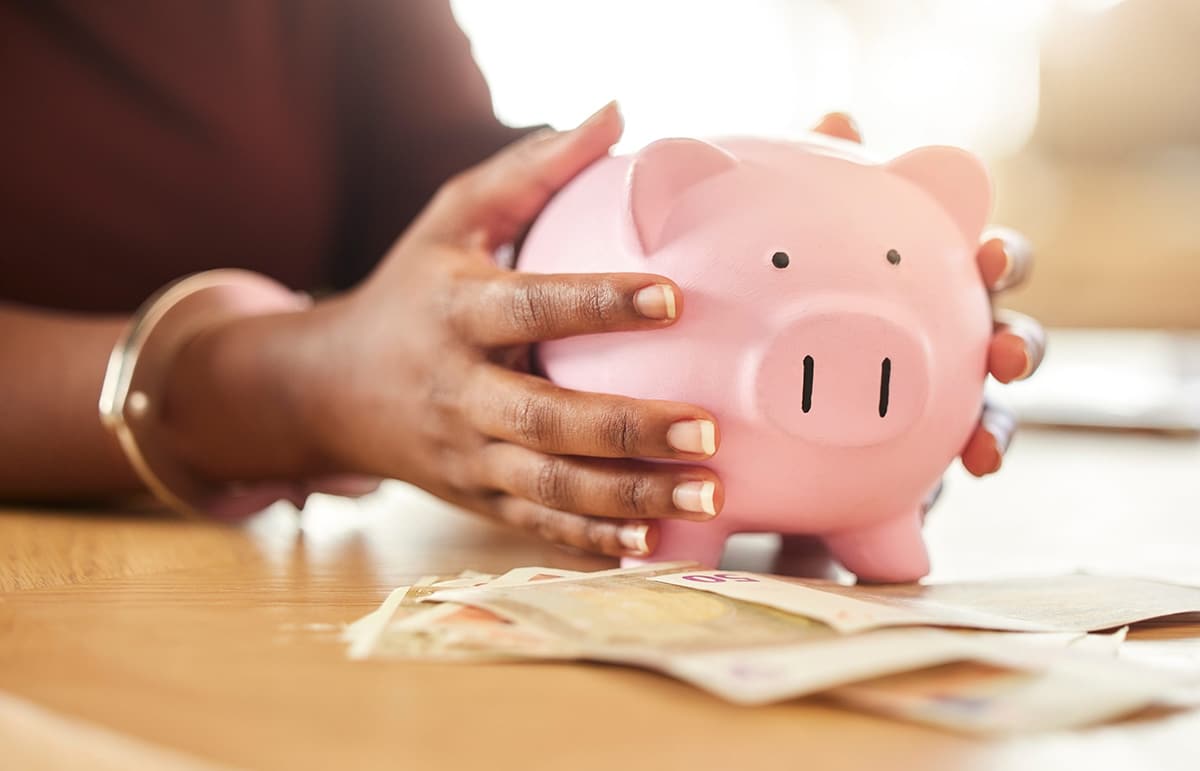
Prepare Financially
Being financially prepared is about more than just having money in the bank.
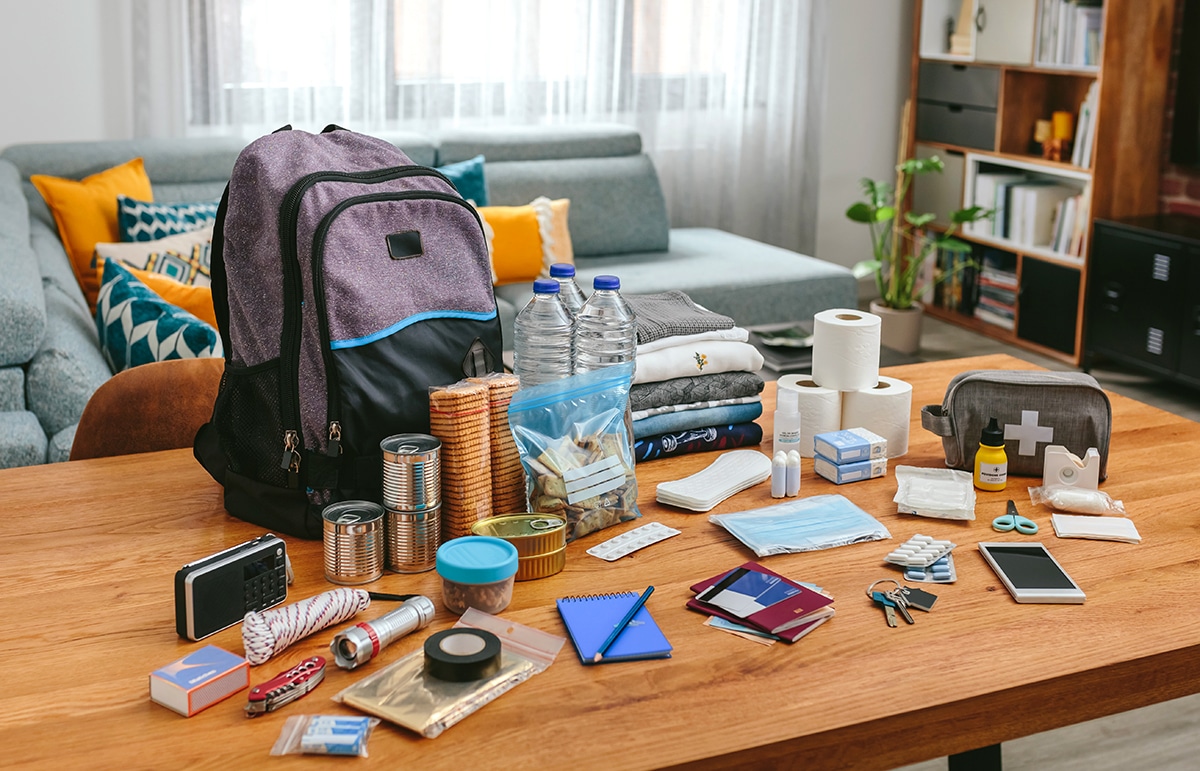
Build an Emergency Kit
You should be prepared to take care of yourself and those in your household.
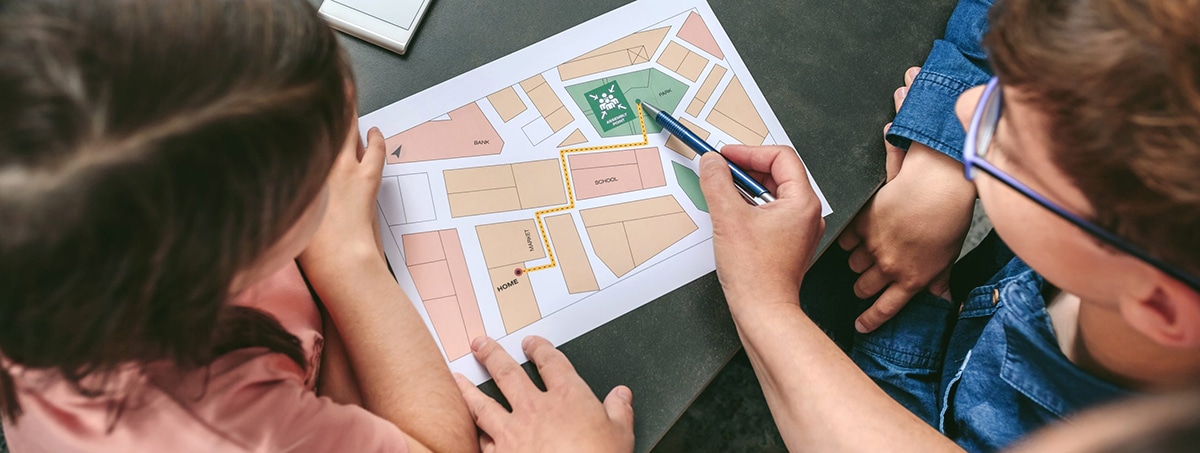
Make an Emergency Plan
Household emergency plans help your family escape emergencies.
Latest Updates
Sturgeon Regional Emergency Management Partnership (SREMP)
SREMP is a partnership between Sturgeon County, Morinville, Gibbons, Redwater, Bon Accord and Legal. These municipalities work together to coordinate emergency preparedness, response and recovery from disasters. A regional approach means we have more resources and expertise to keep you safe when faced with a significant emergency in our area.
